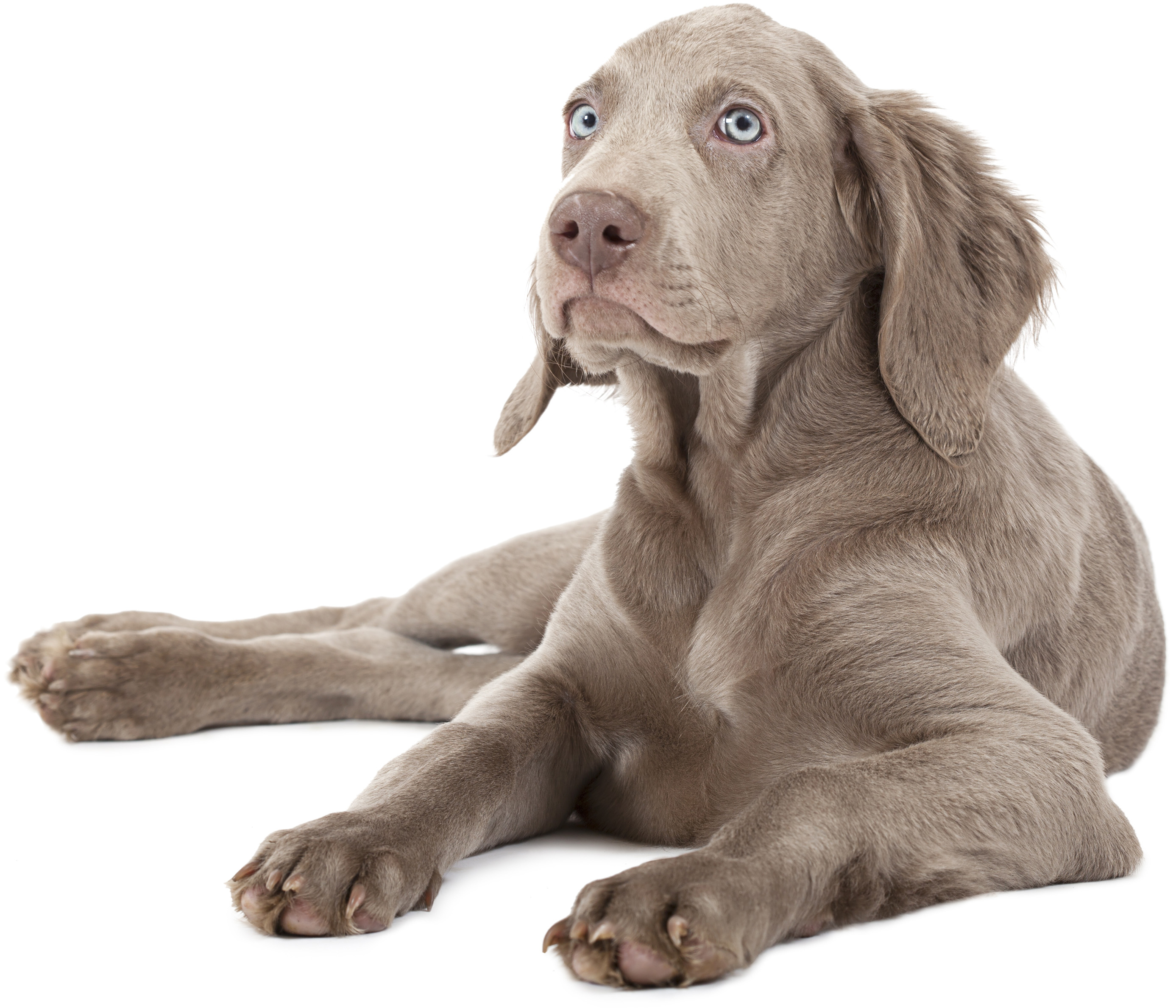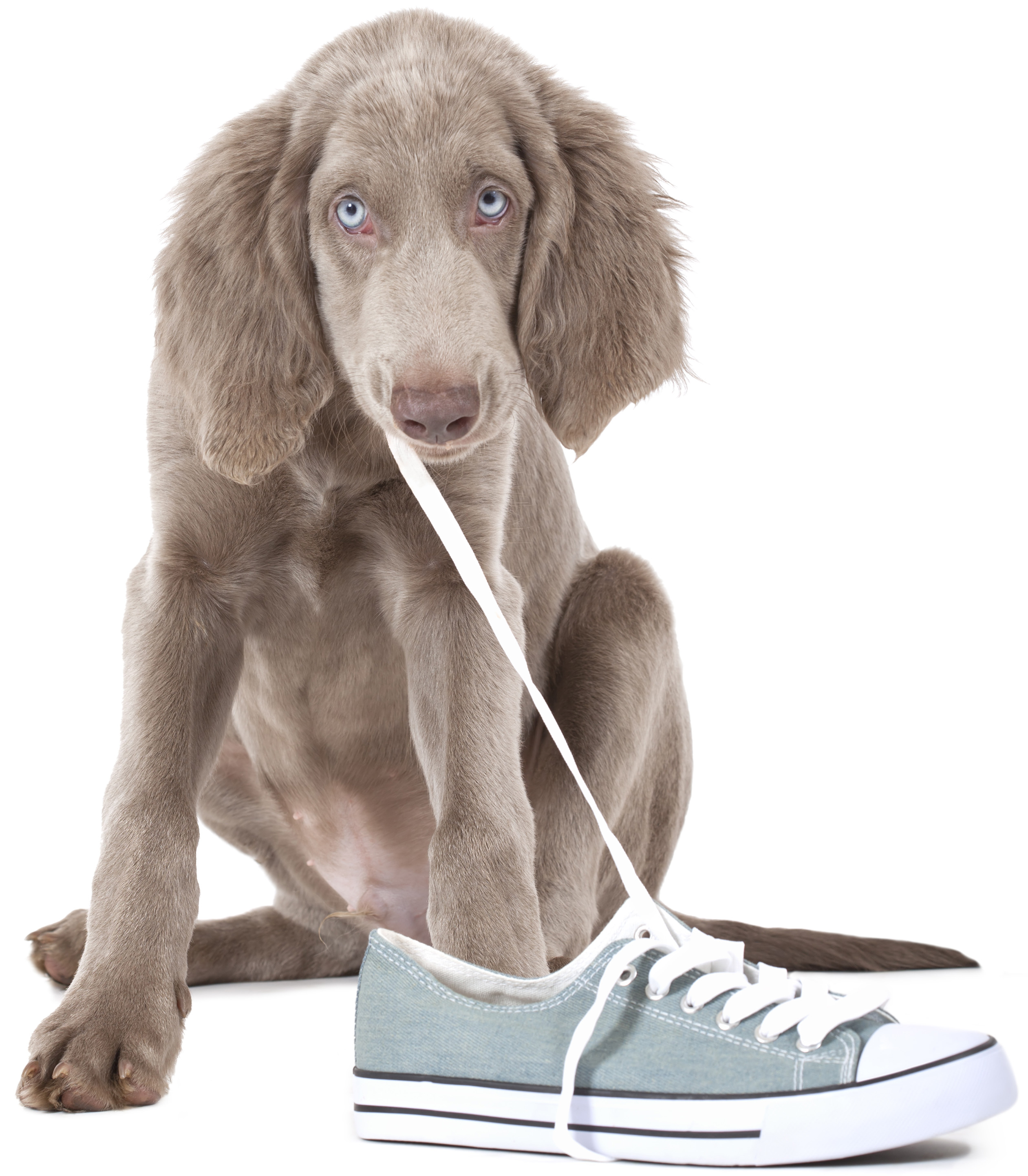
PREPOSITION
Exercise 1 : Preposition - Place
Choose the correct answer.

1. The pen is ................ notebook. (near, under)

2. The red ball is ................ the dog. (behind, on)

3. The bithday presents are ................ the table. (near, on)

4. The apple is ...................... book and pen. (under, between)

5. Two people are .................. the green car. (above, in)

6. My brother is sitting ....................... the computer. (in front of, under)
(Adapted from: http://www.englishexercises.org/makeagame/viewgame.asp?id=597)
Exercise 2 : Preposition - Time
Fill in the correct prepositions.
1. Peter is playing tennis .................. Sunday.
2. My brother's birthday is .................. the 5th of November.
3. My birthday is ............ May.
4. We are going to see my parents ................ the weekend.
5. ............. 2005, a great tsunami happened in Asia.
6. I do not like walking alone in the streets ................... night.
7. What are you doing ................ the afternoon?
8. My friend has been living in Canada ................ two years.
9. I have been waiting for you ................ seven o'clock.
10. I will have finished this essay ................. Friday.
Answers:
1. on 2. on 3. in 4. at 5. in 6. at 7. in 8. for 9. since 10. by
(Adapted from : http://www.ego4u.com/en/cram-up/grammar/prepositions/exercises?02)
Exercise 3 : Preposition- Direction
Choose the right answers.

1. The library is ............................. the department store.
a. at the back of
b. opposite
c. one block away from
d. between the supermarket and
2. The train station is ............................. the post office.
a. behind
b. on the side of
c. in front of
d. next to
3. ......................... is down the Linkin street from the post office.
a. The cafe
b. The theater
c. The bakery
d. The grocery store
4. The theater is on the one side of the bookstore, while ........................ is on the other side of it.
a. the department store
b. the bakery
c. the parking lot
d. the library
5. The grocery store is ........................... the theater.
a. down the Regent Street from
b. one block away from
c. two blocks away from
d. opposite
Answers : 1. A 2. C 3. D 4. A 5. B
(Adapted from :http://efreeway.avcenter.ntu.edu.tw/grammar/grammar20exercise/exercise/G_prepositiondirection_001.htm)
Take a look and have fun!
Click HERE to start the exercises!
ADJECTIVE
Exercise 1:
Complete the sentences with the appropriate words.
1. Amalin never helps with the housework. She is so .......................... .
2. Ah Meng rarely gets angry with people. He is usually ...................... and understanding.
3. Muthu is very ...................... . I am sure you will like her when you meet him.
4. The teacher felt very ............................... when all her students passed the exam.
5. My friend, Raina is very ....................... . She is good at learning things.
6. People who push in front of you in queues are very ........................!
7. My sister Marisa is ............................... . I am the opposite. I am very outgoing.
8. My brother Faiz is very .............................. . His bedroom is always tidy.
9. Ailyn is a good friend. She has been very ........................ to me.
10. Lis Alisa is very ........................... girl. She has been chosen as Malaysia Next Top Model.
Answers : 1. lazy 2. friendly 3. easygoing 4. proud 5. clever 6. impolite 7. shy 8. tidy
9. kind 10. gorgeous
Exercise 2:
Find the opposites.
1. Mean - ( generous, bright)
2. Rude - ( polite, moody)
3. Clever - ( silly, bossy)
4. Outgoing - ( easygoing, shy)
5. Lazy - ( serious, hardworking)
Answers: 1. generous 2. polite 3. silly 4. shy 5. hardworking
(Adapted from : http://www.englishexercises.org/makeagame/viewgame.asp?id=2941)
Extra exercises can be found by clicking HERE .


















